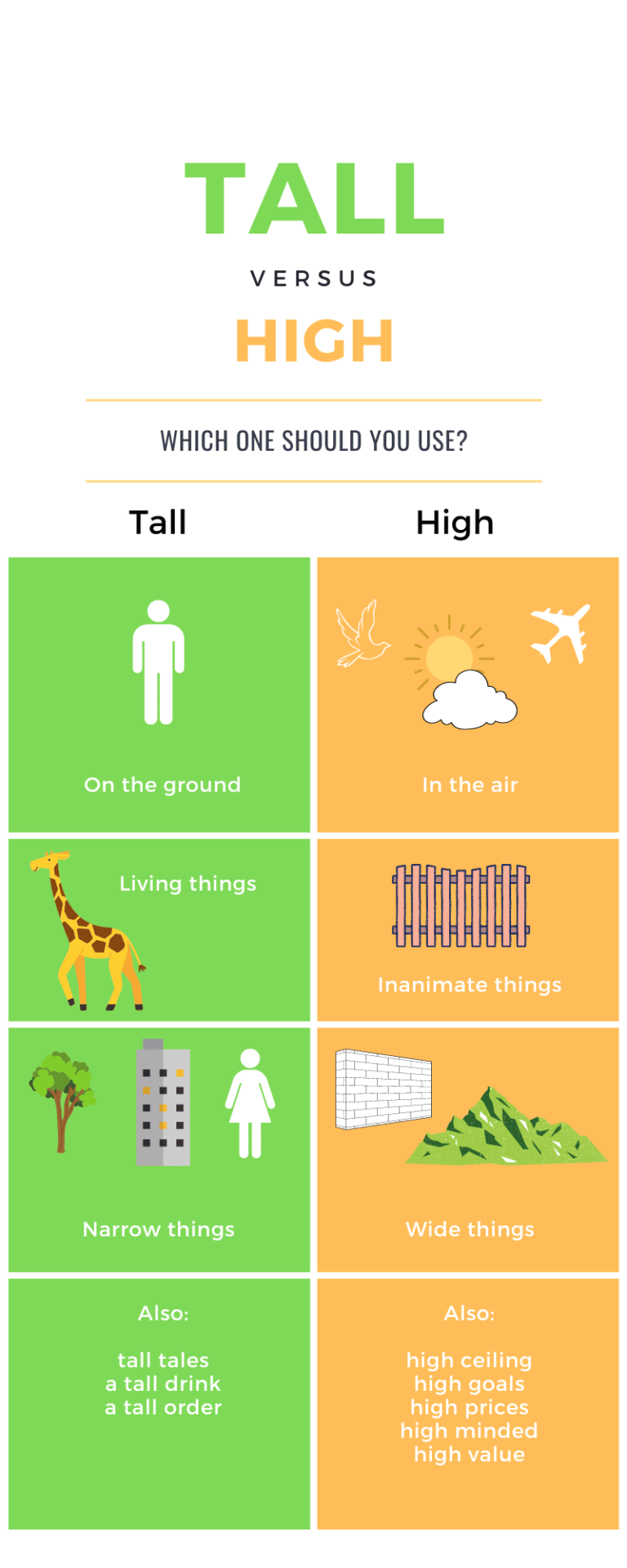10 Easily Confused English Words

There are many English words that can be confusing, especially for English language learners. The good news is that most people follow the context of the conversation and their brains automatically substitute the correct word. So, even if you make a mistake, many people won’t notice it. However, learning these words will still make things go smoother for you. Here are a few examples:
Affect vs. Effect
Affect is a verb that means to influence or change something, while effect is a noun that refers to the result or consequence of something. For example, “The new policy will affect the way we do business” and “The effect of the policy was a significant increase in profits.”
Accept vs. Except
Accept is a verb that means to receive or agree to something, while except is a preposition that means “excluding” or “but.” For example, “I will accept the job offer” and “Everyone was invited to the party except for John.”
Principal vs. Principle
Principal can be used as an adjective meaning “first in importance” or a noun meaning “a person in a position of authority,” while principle is a noun meaning a fundamental truth or rule. For example, “The principal reason for the decision was cost savings” and “The company operates on the principle of honesty and transparency.”

Advise vs. Advice
Advise is a verb that means to offer a suggestion or recommendation, while advice is a noun that refers to the suggestion or recommendation itself. For example, “I advised her to take the job” and “She took my advice and applied for the position.”
Loose vs. Lose
Loose is an adjective that means not tight or fixed in place, while lose is a verb that means to be deprived of or to fail to win. For example, “The bolt was too loose and fell out” and “I don’t want to lose this game.”



